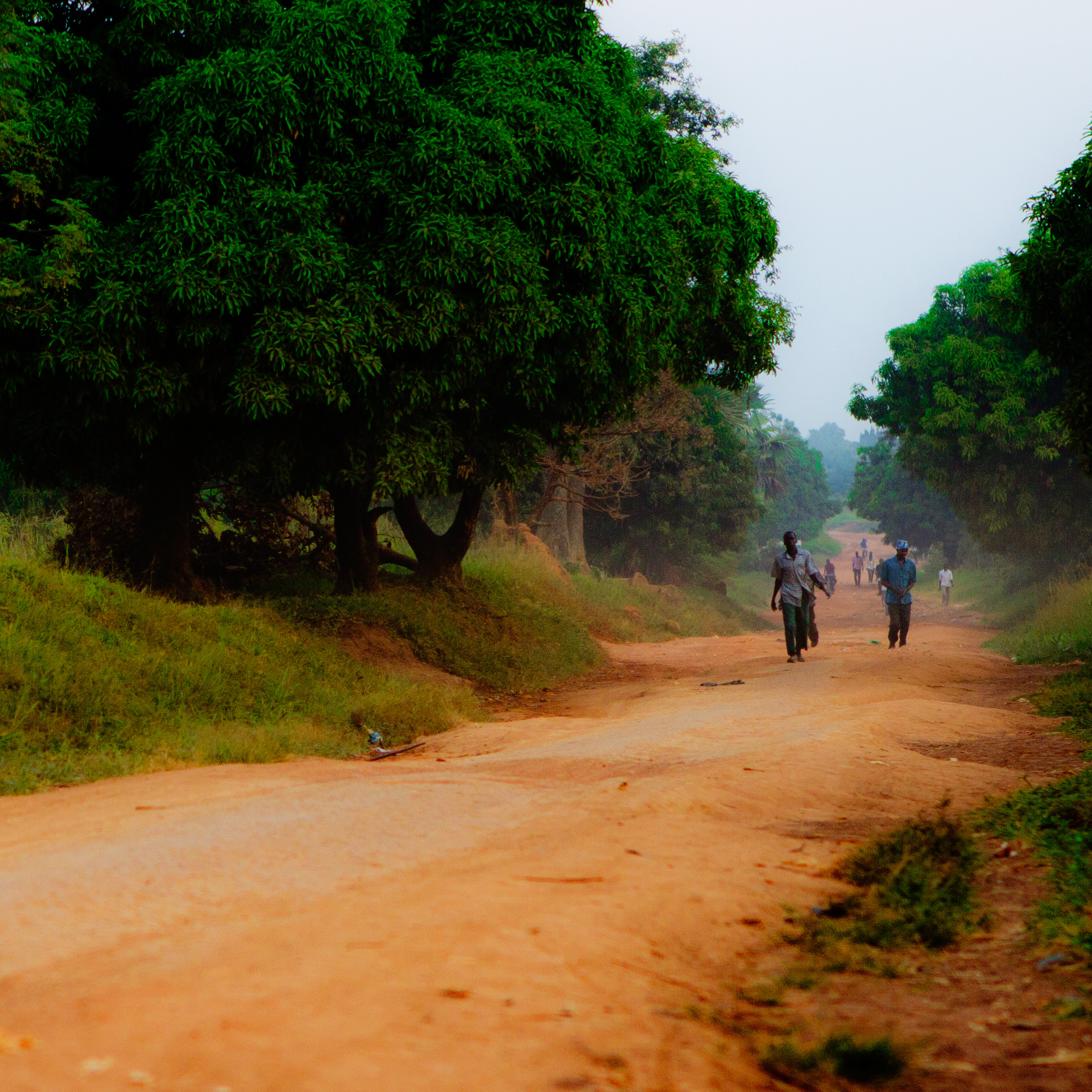I’ve been holding my breath a lot the last fortnight or so. Catching myself needing to stop, unclench and breathe a little easier, over and over again. The invitation letter I need for my visa came through today. The fixer is confirmed. A thousand ephemeral shards of some implausible dream have suddenly spliced themselves together into something real. I can see my reflection in the enterprise at last. And some emotional spring has been storing the energy ever since.
Journalists too often tell stories from the safety of the afterward. I made it. It wasn’t such a big deal. I’m hardcore.
Whatever.
Nobody accounts for their experiences in realtime. Explains the intricate emotional calculus beforehand that balances things-that-are-important with things-that-are-terrifying. Because some things really are worth risking everything for. As anathema as that may be to the comfortable, the cosseted, the generation that can drown the world’s screams underneath Saturday night television.
So in a little over a month, four of us are due to cross over into the DRC. Moving towards the town of Bunia, in the district of Ituri. There we have some work to do. Things to record. Stories to tell.
It’s not that the specifics are vague, it’s that sharing them might just be to tempt fate. Fate and I have an understanding at present. A trust of sorts. The kind where suddenly reaching out to tickle it while it’s sipping a soda might provoke its karmic wrath. Besides, it will be worth waiting for the dispatches. I promise.
But back to that emotional spring. We’re covering all the bases we can. First aid. Cell phones. Dozens of conversations with people-who-know-things, and planning appropriately to the advice we’ve been given. Don’t travel before 9am or after 4pm. Talk to the MONUSCO peacekeepers in Bunia when you get there to get a sense of the security situation in the outlying areas. Bring a phone. Keep in touch.
Maybe it’s all overstated. God knows I was tense before heading to Northern Uganda, and in the end it was nothing like its history. The danger lay only in the frozen echoes of the war that stick in the Internet. Gulu moved on, began repairing. Though there was much in the days to push and challenge us emotionally, it wasn’t a dangerous place.
So I can’t help but wonder, in fleeting moments, if the DRC is everything Conrad’s ancestors have made it out to be.
But that wondering undermines vigilance. And the truth is that even if Gulu is not still a dangerous place, it was once. Here and there, at the edges of the world where things break down, those places still exist. Pockets of danger in otherwise banal scenery.
And so if you are not careful, you may – just one time – stop looking for danger long enough that you fail to recognize it in time. That oversight needs to only happen one time.
Hence the phones. Hence asking for advice. Hence planning, reading, learning, preparing, and planning some more. Hence the tightly coiled spring. Because the nervous energy, even as it burns your attention to the minutiae of pre-departure life, is an investment in vigilance that should neve be avoided.
It’s exhausting, and it’s wracking, but it seems foolish to be otherwise.
When my flight touches back down in South Africa there will be time enough to exhale.

